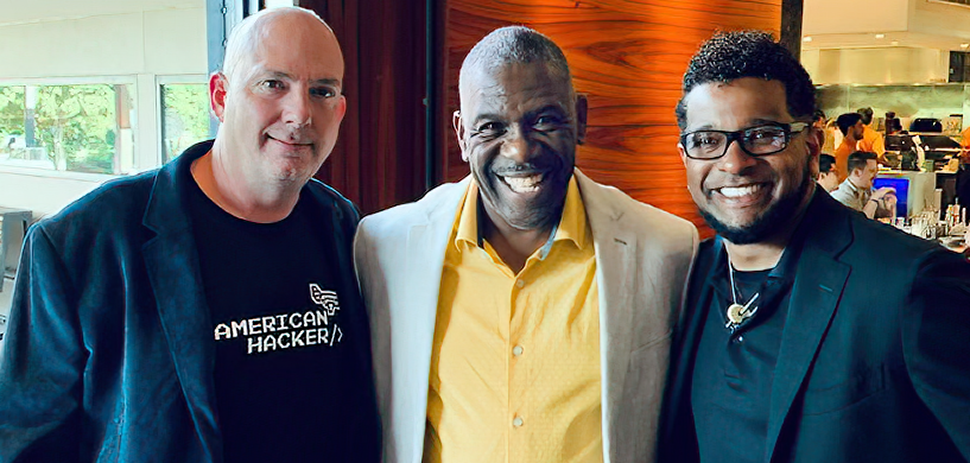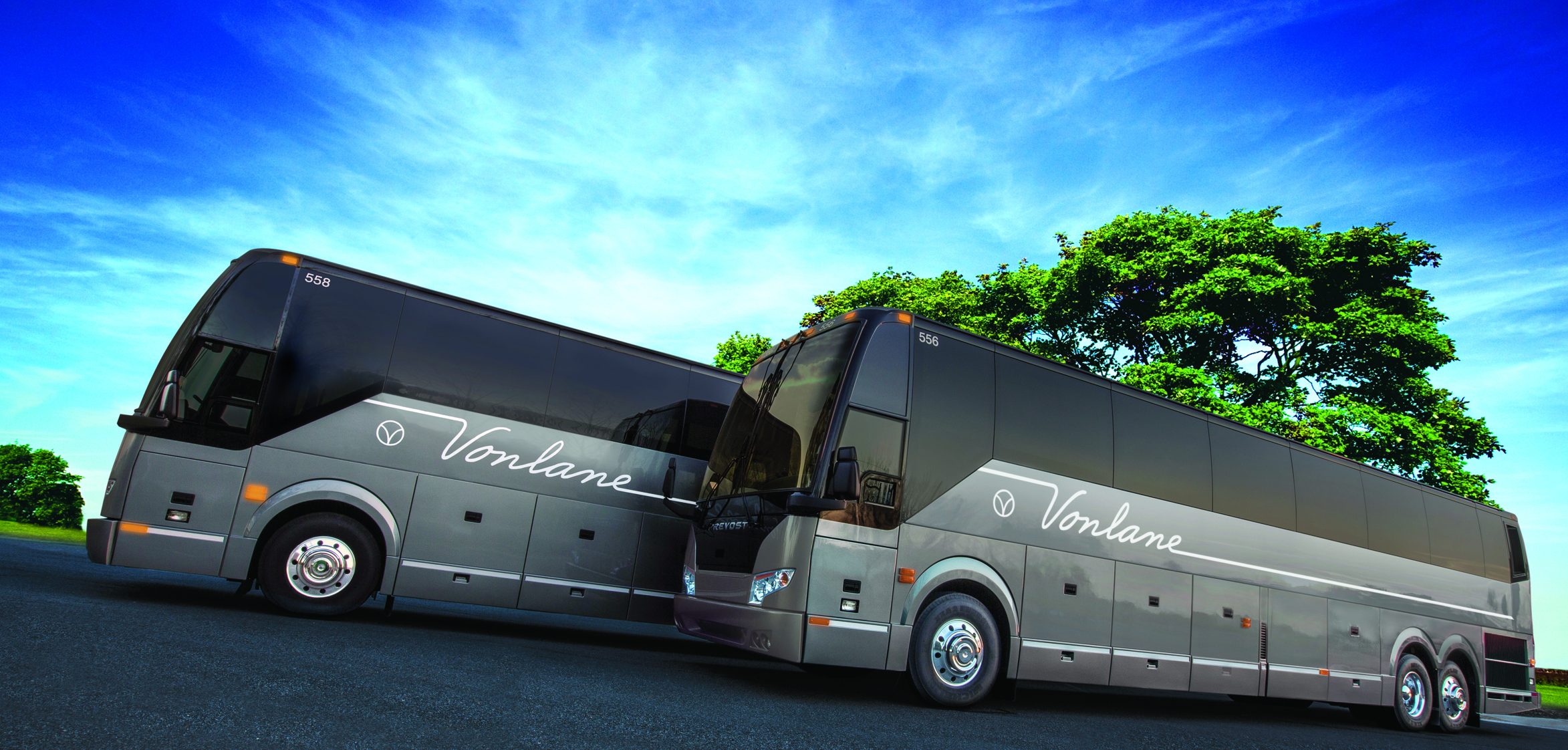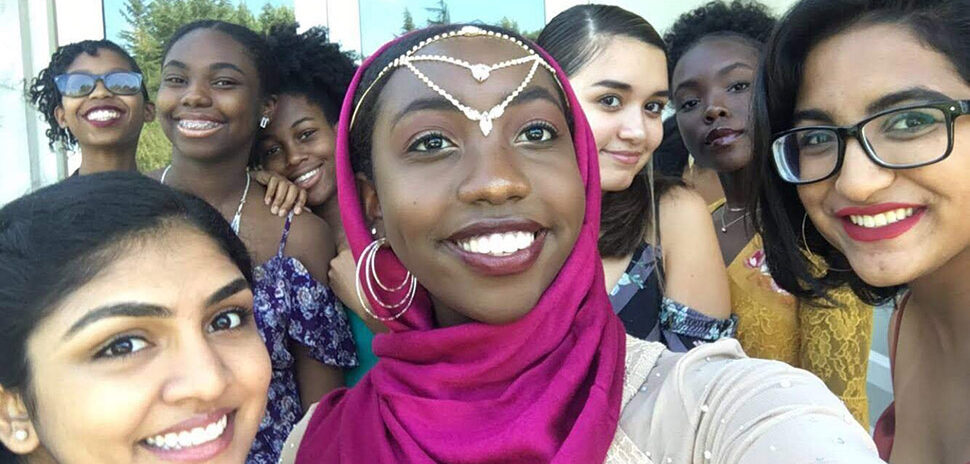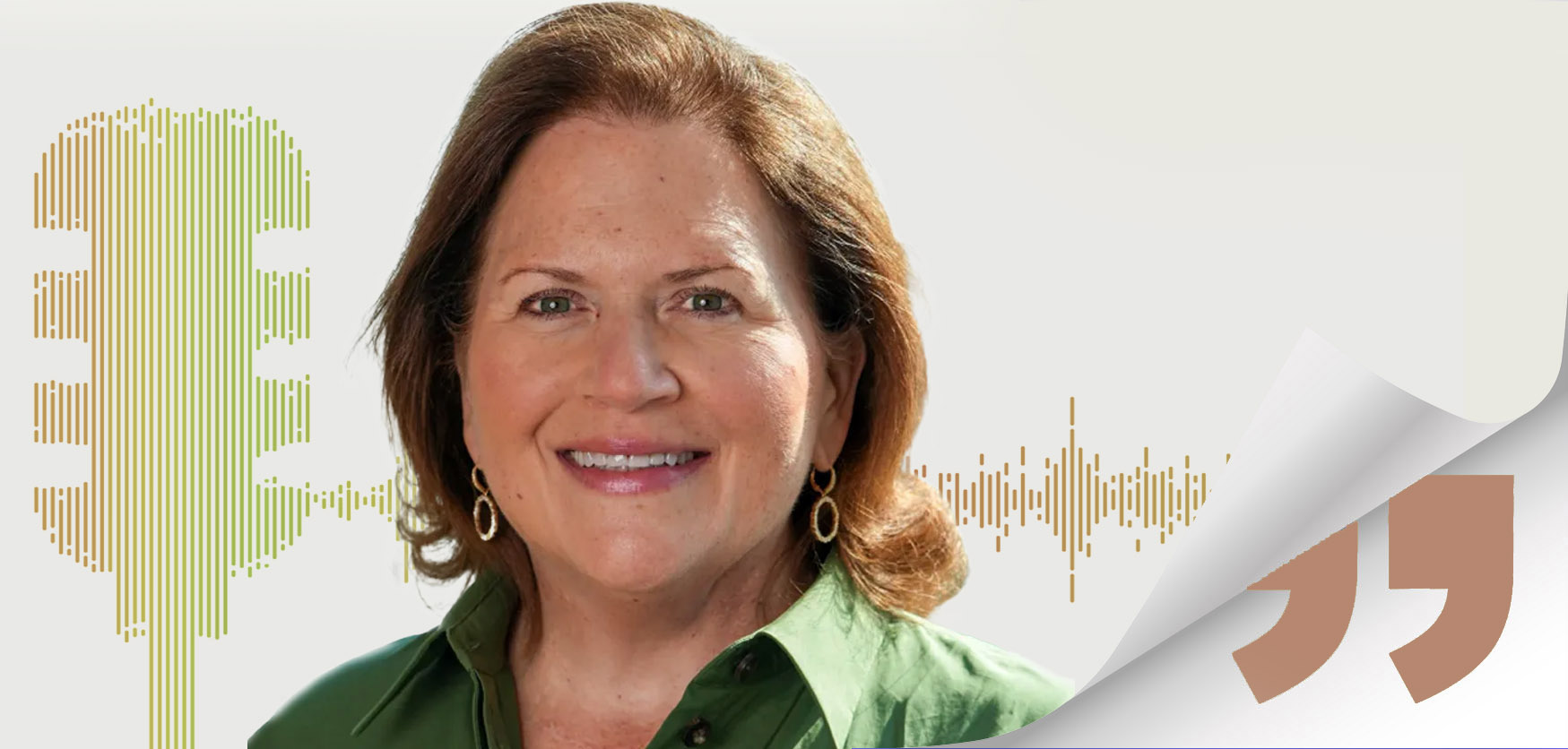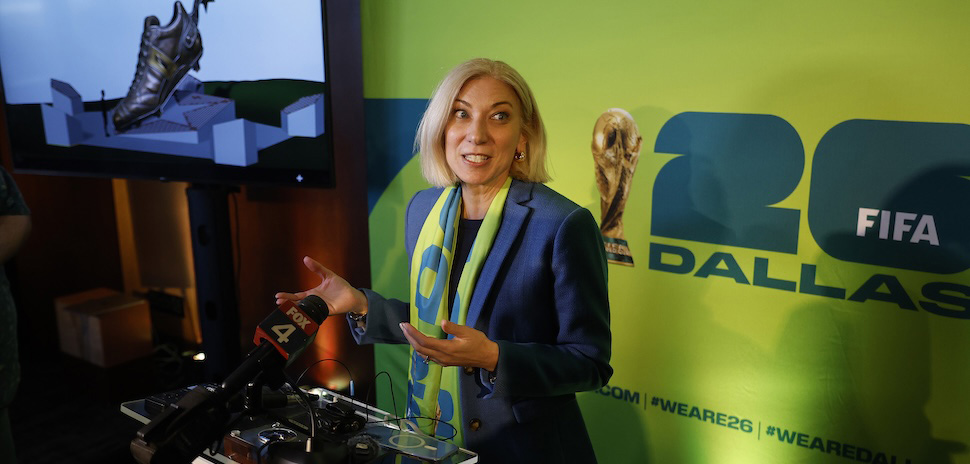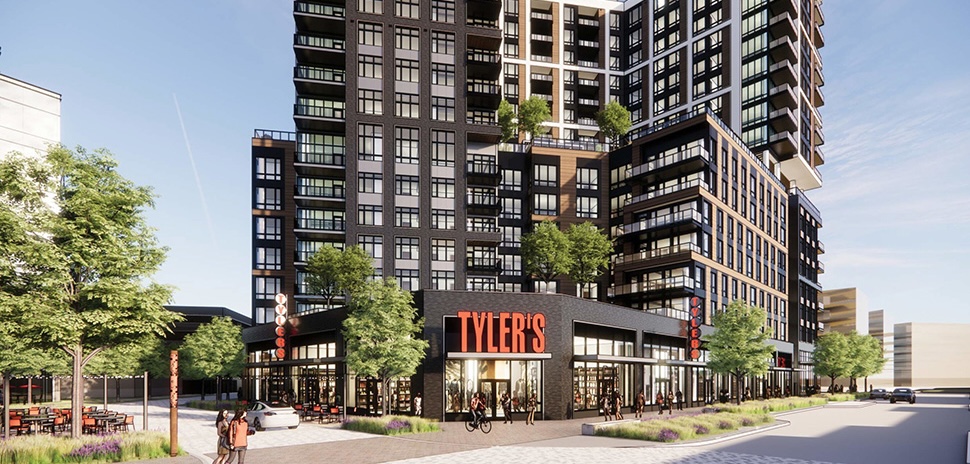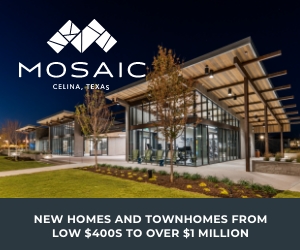Last week, BUiLT International celebrated its one-year anniversary as a non-profit organization working to advance the representation and participation of Black people in tech. Peter Beasley, the co-founder of the organization, was voted in as chairman of the board for another year.
BUiLT International—which stands for Blacks United in Leading Technology—was founded in North Texas last September by Peter Beasley, the founder and CTO of Netwatch Solutions. BUiLT brings people, organizations, and companies together through community-focused activities, events, and programs to achieve their mission.
During the pandemic, Beasley saw an opportunity to create an organization that would simultaneously uplift local communities while connecting Black technologists around the country, and even around the world. Each chapter is designed to uplift its local community, while leaders can share best practices with each other across the organization.
The professional organization includes member-organized chapters in 23 cities, including three international chapters in London, Greater China, and Toronto. The chapters operate with a common set of principles across the organization but adapt to the flair of each local community.
The acronym “BUiLT” even depicts how the organization sees itself with a little “i” and a big “U”—always putting members before the brand, says Beasley.
“None of what we do is about us,” Beasley said. “As they say, there is no “i” in team, and we are united with the other great organizations and their allies who are working to solve America’s unique problem of race relations, as it also plays out in tech.”
The nonprofit delivers programs to the public in areas such as getting into tech, advancing in tech, owning tech enterprises, social justice, and so much more. There are a range of membership levels including future technologists, technology educator, technology business leader, technology owners, and more.
Diversity in tech
Diversity in tech lags behind that of the overall private industry. Black technologists make up around 7 percent of employment in the tech sector, compared to 14 percent in the overall private industry. Beasley recognized that gap in the tech sector and founded BUiLT to bridge the divide.
“Black people in tech is synonymous with innovation in tech,” said Beasley, “and it’s a great time to be alive, Black, and in tech.”
BUiLT partners with businesses to help them achieve diversity, inclusion, and equity goals by assisting them in recruiting and retaining top, Black tech talent. The organization also offers education for senior management on how to support Black technologists.
A recap of BUiLT’s first year
2020 was a difficult year for everyone, but some people—like Peter Beasley—found hope in havoc and forged forward to create a more equitable world.
In its first year, BUiLT passed many milestones, the co-founder said: Its inaugural Black Tech Symposium was a resounding success, 23 chapters were onboarded, and companies like Amazon, Target, American Airlines, and Allstate worked with BUiLT to improve their diversity programs.
The Target Corporation asked BUiLT to help Black professionals earn a CISSP certification, which proves that you’ve mastered design, implementation, and management of cybersecurity programs. Their partnership awarded six qualified recipients a CISSP Scholarship that provided a one-week training in cybersecurity fundamentals.
Virginia-based Revature partnered with BUiLT to create a program where BUiLT members employed by Revature gain access to intensive, paid training in enterprise-level programming skills. “Through this partnership, Black technologists have the opportunity to launch their careers as tech professionals and positively impact the industry,” Revature CEO Ashwin Bharath said in a statement.
BUiLT also worked with Synack Corporation to select participants for Synack Academy, a comprehensive technology and cybersecurity education program for underrepresented minority groups.
In May, Peter Beasley was recognized as a finalist for D CEO’s Nonprofit and Citizenship Awards. He’s also been reelected to Chairman of the Board for BUiLT’s second year around the sun.
Still, Beasley, said, “Our most significant outcomes are ahead of us.”
BUiLT’s first year established the nonprofit, the co-founder told us. “Year 2, and beyond, BUiLT is positioned to attract sizeable grants and donations sufficient to create meaningful, outcomes.”
The North Texas chapter
The City of Dallas’ Black population is almost twice that of the national average, at 24 compared to 13 percent according to Census Data. Beasley sees this as an advantage for the region, “North Texas has the largest population of ready, educated Black people in the world,” he tells Dallas Innovates. “For businesses looking for Black technologists, come to North Texas.”
The North Texas chapter of BUiLT International, Inc is the fastest-growing branch in the country. Dallas boasts a diverse tech community, and BUiLT helps to coalesce Black technologists to showcase the region’s diverse tech talent. The North Texas chapter has about 2,600 members, while BUiLT as a whole has about 9,400.
Black Tech Thursdays are BUiLT’s weekly professional networking forums for Black tech professionals in the DFW area. The events are moved around town, so individuals are encouraged to get out and network.
Over the summer, the chapter hosted the inaugural North Texas Black Tech Symposium which highlighted the success of Black tech professionals and underscored the rich talent pool available here in North Texas.
Community support
“Having been in Dallas for 40 years, times have certainly changed – for the better,” Beasley said, adding that support from the media, government entities, and trade associations has been “particularly impactful.”
Beasley notes broad-based support from government (City of Dallas, Dallas and Tarrant counties), trade associations (DFW Minority Supplier Development Council, Dallas Regional Chamber), the media (Dallas Business Journal, Dallas Innovates), corporate employee resource groups (IBM, American Airlines, Fujitsu), corporate sponsors (Revature, IBM, nTelicor, American Airlines), partnering Black tech groups (Black Girls Drone, African American Executive Networking Forum, NSBEE DFW, International Consortium of Minority Cybersecurity Professionals), accelerators (Year Up, Generation USA, Impact Ventures).
And, he says, the “hundreds of attendees and speakers all demonstrate that North Texas is definitely serious about improving racial equality in tech,” Beasley said.
The hills he climbed
Peter Beasley has faced many challenges on the road to success being a Black male in a predominately white industry. He graduated as an engineer in 1980 and advanced up the technical ranks quickly—moving into a tech management position early in his career—just before 30.
He felt like his success was “pre-ordained,” but nonetheless faced many roadblocks in breaking color barriers in several corporations, professional settings, and serving on boards for predominately White tech organizations.
“Looking back, I was operating by the seat of my pants to advance my career,” said Beasley ” and the rules for success were different for me, they were unspoken, and kept hidden.”
Beasley has always been on a quest to make a lasting difference in society—and doing so within another organization’s mission has led to not-so-rosy results for him. Now, he’s proud to have founded an organization that embraces people like him and gives him an opportunity to give back.
“I’m most proud to have worked hard to be in a position to now recommend emerging Black leaders, to help Black people get into and advance their careers in tech, and to help allies with their diversity initiatives,” said Beasley.
The Road Ahead
BUiLT is currently experiencing “hyper-growth,” as they onboard new staff members, directors, and volunteers. With more leadership roles filled, there will be an increased quality to BUiLT programs, said Beasley.
A key mission for Beasley in 2022 is to seat the Executive Advisory Board and work himself out of the Executive Director role at BUiLT. “We are interested in attracting qualified candidates to lead the corporation, and the board is committed in achieving this goal,” he says.
Beasley hopes to attract an Executive Advisory Board comprised of politicians, philanthropists, Fortune 100 senior corporate leaders, dignitaries, entertainers, or athletes who want to join them in improving race relations in America.
The organization plans to continue piloting and launching new programs to meet the needs of their members, sponsors, and the public. With an expectation for increased funding in the future, BUiLT will provide more training, scholarships, and employment opportunities for Black technologists.
BUiLT will also continue to partner with foundations, family funds, and other benefactors that leverage BUiLT to meet program goals.
“I like using my creativity and relationships to be a part of the worldwide movement to eliminate barriers between people with different skin color,” Beasley said.
But, he said, “you don’t have a movement unless you create followers.”

